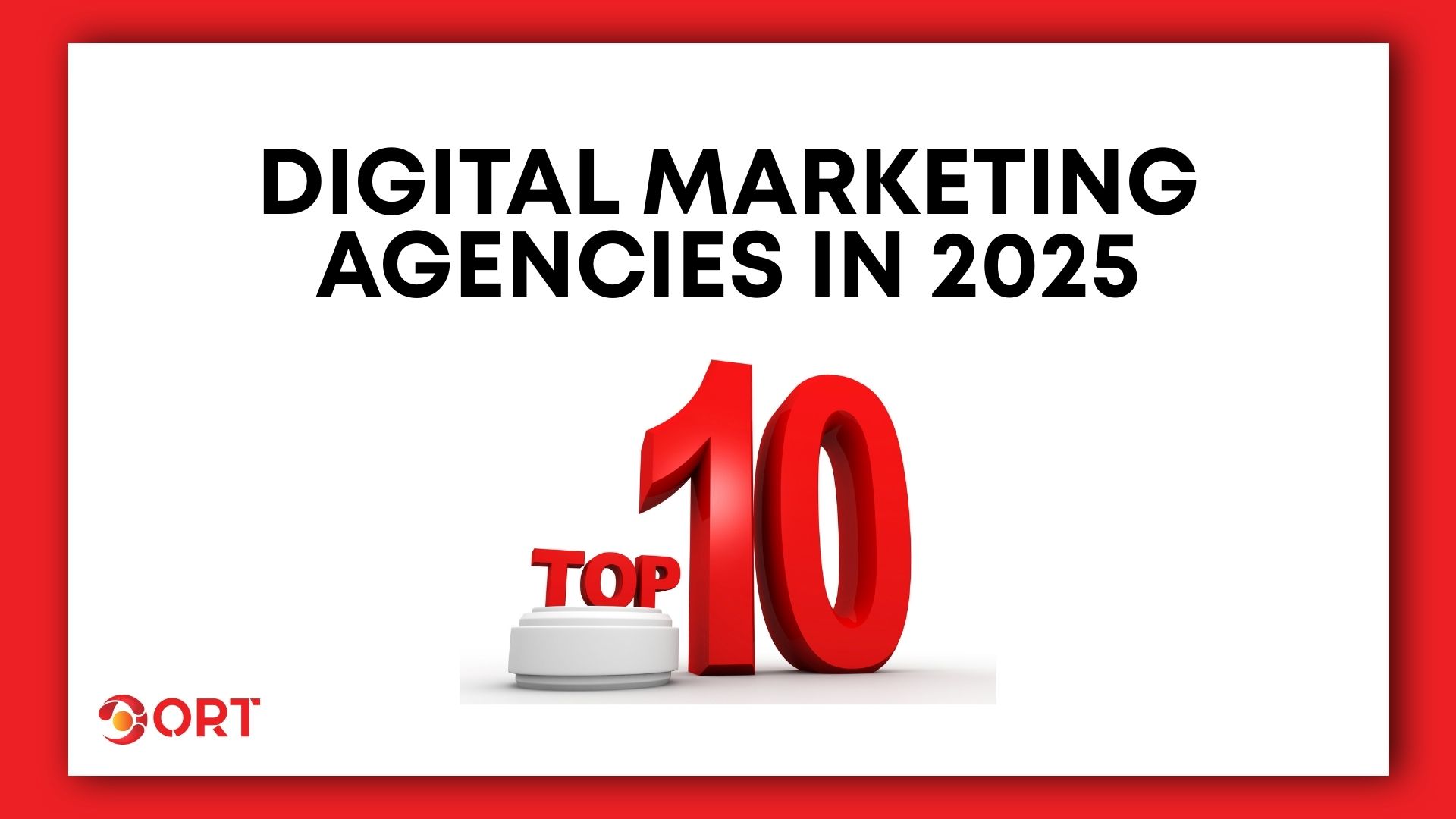Table of Contents
ToggleIntroduction: Why Social Media Audits Are Crucial in 2025
As social media platforms evolve rapidly, businesses need to stay ahead of the curve to maintain a strong online presence. One effective way to ensure your social media strategy remains optimized is by conducting a professional social media audit. A social media performance audit allows you to assess the effectiveness of your current strategy and identify areas for improvement. This comprehensive guide will walk you through the latest trends, best practices, and tools needed to carry out an effective social media marketing audit in 2025.
What is a Social Media Audit?
A social media audit is the process of evaluating your social media performance by analyzing all your profiles, content, and activities across platforms. The goal is to understand what’s working, what’s not, and where opportunities for improvement lie. In 2025, with new social media trends and algorithms continually shifting, performing regular social media audits is essential for ensuring your strategy remains relevant and effective.
By conducting a professional social media audit, you can uncover key insights about your audience, content performance, and overall brand presence, enabling you to adjust your approach for better results.
Why You Need a Social Media Performance Audit
A social media performance audit helps you track metrics that align with your goals. Whether it’s increasing engagement, driving website traffic, or generating leads, a well-conducted audit provides data-driven insights into whether your strategy is meeting those objectives. Regular audits also allow you to evaluate your competitors and understand the latest industry trends.
By performing a social media marketing audit, you’ll be able to:
- Evaluate content performance
- Identify trends that resonate with your audience
- Pinpoint underperforming content and adjust accordingly
Best Practices for Conducting a Social Media Audit in 2025
When performing a professional social media audit, it’s essential to follow best practices to get the most accurate and actionable insights. Here are some best practices for conducting a successful audit:
- Define Your Objectives: What do you want to achieve with your social media strategy? Setting clear goals will help you evaluate the success of your efforts.
- Audit Each Platform Individually: Each social media platform has its own set of metrics. Make sure to assess each one separately, understanding how it contributes to your overall strategy.
- Analyze Your Content: Review the performance of your posts, videos, stories, and other content. Look at engagement rates, shares, comments, and the sentiment around your content.
- Check Your Competitors: Don’t forget to analyze your competitors’ social media strategies. See what’s working for them and what gaps you can fill to stand out.
Adjust and Optimize: Based on your findings, adjust your content calendar, posting frequency, and engagement tactics to improve your strategy moving forward.
Tools for a Comprehensive Social Media Marketing Audit
There are various tools available in 2025 that can streamline the process of a social media marketing audit. These tools provide valuable analytics and reporting features that allow you to dig deep into your social media performance. Some of the most popular tools include:
- Sprout Social: Offers a comprehensive suite of analytics and reporting tools for social media platforms.
- Hootsuite: A popular tool for managing and scheduling posts, Hootsuite also provides robust reporting features that can help you track your social media performance.
- BuzzSumo: Great for content analysis, BuzzSumo allows you to track content performance and competitor activity.
- Google Analytics: While not specifically designed for social media, Google Analytics can help track traffic and conversions that originate from social media platforms.
These tools are crucial for conducting an effective professional social media audit and gaining a comprehensive understanding of your social media strategy.
How to Measure Success After a Social Media Performance Audit
Once you’ve conducted your social media performance audit, it’s time to assess your findings and measure success. Look at key performance indicators (KPIs) that align with your goals. Common metrics to consider include:
- Engagement Rate: The level of interaction your audience has with your content (likes, shares, comments).
- Follower Growth: Are you gaining followers consistently? If not, it may indicate areas where your content or targeting needs improvement.
- Click-Through Rate (CTR): Measures how many people click on links in your posts, driving traffic to your website or landing pages.
- Conversion Rate: The percentage of social media visitors who complete a desired action, such as making a purchase or filling out a contact form.
By measuring these metrics post-audit, you can refine your strategy for better results and ensure your social media channels contribute to your overall business objectives.
Conclusion: Optimize Your Social Media Strategy for 2025
A social media audit is an essential tool for staying ahead in today’s fast-paced digital landscape. Conducting a social media performance audit regularly helps you identify opportunities for growth, adjust your content strategies, and measure the success of your campaigns. With the right social media marketing audit tools and best practices, your brand can maximize its social media potential and drive better engagement and ROI in 2025.
At Digital OORT, we specialize in helping businesses improve their social media strategy through professional social media audits and tailored marketing solutions. Ready to optimize your social media presence? Visit Digital OORT’s Social Media Services to get started on improving your social media performance today.
Author
-

Shafqat Mahmood is a Digital Marketing Expert specializing in SEO, Social Media Marketing, Google & Facebook Ads, LinkedIn & TikTok Ads, Email Marketing, and Business Development. With proven strategies across Australia and Pakistan, Shafqat Mahmood helps businesses increase visibility, generate leads, and drive sales growth.



